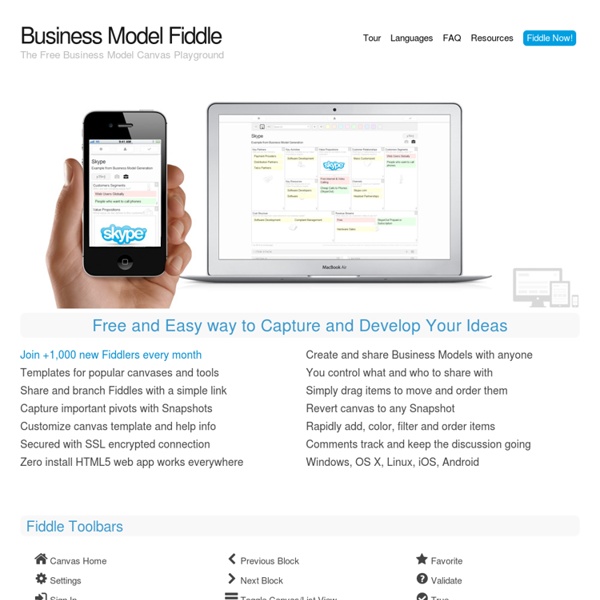



Business Model Innovation Hub - ... where visionaries, game changers, and challengers discuss business models Creating the Moving Magnifier Effect Bienvenue sur SurveyMonkey ! Le format de cette adresse email est incorrect. Nous ne pouvons pas envoyer d'emails à des adresses basées sur des rôles (par exemple admin@). Utilisez plutôt votre adresse email professionnelle ou personnelle. Veuillez saisir une adresse email. Saisissez une adresse email valide. Veuillez saisir un nom d'utilisateur. Veuillez saisir un nom d'utilisateur sans espace. Veuillez saisir un mot de passe. Les espaces ne sont pas autorisés, mais vous pouvez utiliser des traits de soulignement (_). Les noms d'utilisateur ne doivent pas contenir de chevrons. Le nom ne doit pas contenir de chevrons. Le prénom ne doit pas contenir de chevrons. Les adresses email ne doivent pas contenir de chevrons. Confirmez votre mot de passe. Veuillez ressaisir le mot de passe. Saisissez un mot de passe comportant au moins 8 caractères. Les mots courants sont faciles à deviner. Utilisez un mot de passe différent de votre nom d’utilisateur ou de votre adresse email. Veuillez saisir votre prénom. Veuillez saisir votre nom.
World's leading workshop on Lean Startup methodologies » Lean Startup Machine How To Add Questions To YouTube Videos To Poll Your Viewers YouTube is testing out a new interactive feature that lets video creators add questions within their videos. Video Questions Editor Beta lets you easily create a question that will pop up during your video to poll your viewers. Read on to find out how it works. To opt in to the Video Questions Editor Beta, head over to youtube.com/video_questions_beta and click “Join the ‘Video Questions Editor’ Beta.” Go to the video you’d like to add a question to and click ‘Edit.’ Now, just click on ‘Add Question’ to define your question and answers and the point at which the question will pop up during your video. Once you’ve saved all the information about your question you can view it on the video page. It doesn’t look beautiful, but it’s still pretty neat and worth trying out if you’ve got any pressing questions you’d like to ask your viewers. Image credit: B Calkins via shutterstock.com Megan O’Neill is the resident web video enthusiast here at Social Times.
Color Hex | Rapid Prototyping and Simulation